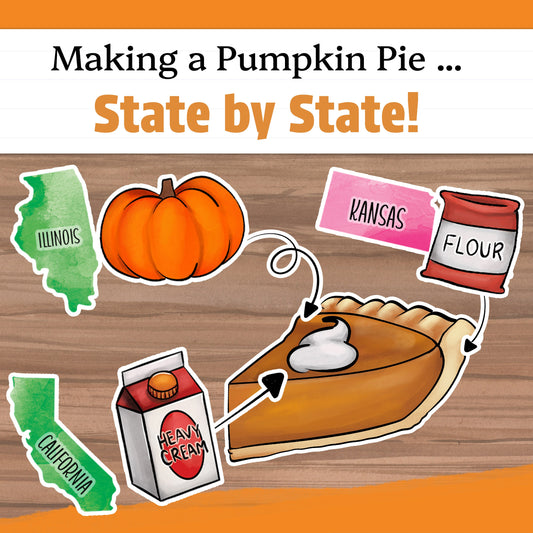
Storytelling is one of the oldest and most powerful tools we have for learning. When you use stories to teach in your homeschool, you’re not just sharing information—you’re inviting your child into an experience. Story-based learning transforms lessons into adventures, makes abstract ideas concrete, and helps knowledge stick in a way that dry facts and figures simply can’t.
Think of your child’s favorite story—the one you’ve read so often you both know it by heart. Maybe your child listens quietly, soaking in every detail, or maybe they leap to their feet to act it out before you’ve turned the page. That deep connection, that emotional engagement, is exactly what makes storytelling such a rich and effective way to learn.
And that’s the kind of connection we want our students to have every day as they interact with literature, geography, math, science, history, art, music, and every other subject they encounter.
So just what is story-based learning?
Story-based learning is an approach that teaches academic concepts through narrative. Instead of isolated facts, students encounter ideas in context, through the eyes of characters they come to know and love. These stories spark curiosity, promote empathy, and help students form lasting mental connections with what they’ve learned.
Story-based learning also engages multiple parts of the brain at once—those responsible for language, sensory input, and emotion—making it a holistic, brain-friendly method of instruction. In short, story-based learning doesn’t just help children remember what they’ve learned; it helps them care about it.
Benefits of Story-Based Learning
When students encounter new information within a narrative, they are not just reading—they’re engaging, feeling, imagining, and remembering. This approach enriches learning in countless ways, both in your homeschool and in life. Here’s what makes story-based learning so powerful:
-

Improved memory and retention
Stories provide a natural structure for organizing information, helping students recall details more easily and retain concepts over the long term.
-
Deeper understanding of complex concepts
Narratives can simplify complex ideas by presenting them in familiar, relatable contexts.
-
Emotional connection to content
Stories often evoke feelings—humor, curiosity, wonder—that create a personal bond with the material. When students see themselves reflected in a character or situation, learning becomes more meaningful.
-
Increased attention and focus
A well-told story captures attention and holds it. Even students who struggle with focus become eager to hear what happens next, making it easier to stay engaged.
-
Active participation in learning
Story-based lessons encourage students to interact with the material, not just absorb it. Whether they’re responding to a journal entry or playing a related game, they’re taking ownership of their learning.

-
Growth in critical thinking skills
Stories spark thoughtful reflection. Students make connections, analyze character decisions, interpret situations, and explore multiple points of view—all essential elements of critical thinking.
-
Expanded cultural and emotional awareness
Through stories, students encounter diverse people, places, and perspectives. This fosters empathy, encourages open-mindedness, and helps children explore their own identity and values.
-
Joyful learning
Humor and storytelling bring warmth and laughter to your homeschool. When learning is fun, motivation soars—and so does the connection between teacher and student.
And that is our mission here at Storylark Road: to help you bring story-based learning into your homeschool to enrich your student’s learning across the curriculum through relatable characters and engaging stories—and a big dollop of humor.
Experience story-based learning for free!
Interested in learning more? Grab this free download and experience story-based learning for yourself! Learn about the history of doughnuts through engaging journal entries and hands-on activities.
Take Geography to New Heights!
Ready to experience the difference of story-based learning? Introducing our Hit the Road Geography curriculum!
These US geography units are immersive downloads that guide your students through each state in the USA. Featuring engaging journal entries from Thaddeus, our traveling cat, as well as hands-on activities, reading and comprehension questions, and writing exercises, these units create an unforgettable learning adventure that brings geography to life.







1 comment
We love literature based learning! Can’t wait to take this journey around all 50 states!
———
Storylark Road replied:
Thanks for adventuring with us!